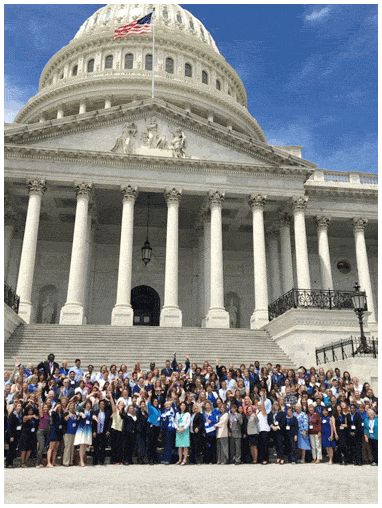
Physical or mental torture against any person is never appropriate. Torture is ineffective, unethical, and harmful.
The United Nations (UN) Human Rights Office of the High Commissioner defines torture as “any act by which severe pain or suffering, whether physical or mental, is intentionally inflicted on a person, for such purposes as obtaining from him or a third person information, or a confession, punishing him for an act he or a third person, has committed, or suspected of having committed, or intimidating or coercing him or third person, or for any reason based on discrimination of any kind, when such pain or suffering is inflicted by, or at the instigation of, or with the consent, or acquiescence of, a public official, or other person, acting in an official capacity. It does not include pain or suffering arising only from, inherent and incidental to lawful sanctions.”
Why Does Torture Matter to Nurses?
Nurses, as leaders, have the power to effectuate a positive movement in social justice and advocate for the health, welfare, and life of all persons, including persons subject to torture. Nursing has a professional ethical obligation to care for all people. The Code of Ethics for Nurses with Interpretive Statements holds, “The nurse practices with compassion and respect for the inherent dignity, worth, and unique attributes of every person.” It is not within the role of the nurse to judge an individual’s actions or to allow the actions of others to negatively influence the delivery of care. Nursing care must be universal and delivered with compassion, comfort, skill, and competence that is unwavering for every person regardless of their actions accused or convicted.
Torture is inhuman, degrading, and contrary to the professional ethical obligations of nurses. Nurses must act to minimize patient suffering and provide healing care. The Code obligates nurses to always stress human rights protection and advocate for vulnerable populations, including refugees, prisoners, or those who are subjected to torture. Torture is not limited to just the United States, but is widespread internationally.
In 2012, the International Council of Nurses (ICN) adopted a position supporting the UN Declaration of Human Rights and strongly affirming that “nurses should play no voluntary role in any deliberate infliction of physical and mental suffering”… “To do otherwise is a clear violation of nursing’s ethical code of practice.” ICN further obligates nurses all over the world to “provide the highest level of possible care to victims of torture and other forms of cruel, degrading, and inhumane treatment, and should speak up against and oppose any deliberate infliction of pain and suffering.”
In support of the ICN position, the American Nurses Association position statement on Capital Punishment and Nurses’ Participation in Capital Punishment states that, “The ethical standards of the nursing profession require that all members of the profession refuse to use their professional skills and capabilities to kill, torture, or degrade another human being. In order to retain professional dignity and ethical stature, the nursing profession as a whole must agree not to do it.”
Nurses should not participate in torture and any allegations of torture should be investigated transparently to assure that human rights are being protected and valued. The long-lasting physical, mental, and psychological effects of torture on an individual diminish the health and well-being of patients, families, communities, and the population as a whole. When nurses are asked to participate in torture or inhuman procedures or treatment, we must adamantly refuse. Nurses must stand up for patients and advocate for the health safety, welfare, and human rights or all patients, families, and communities.
Nursing has a contract with society to compassionately care for all patients, to protect the rights of all persons and positively influence the health of patients. Torture is contrary to this societal contract and is never justified. We encourage you to sign the Health Professionals’ Pledge Against Torture as a sign of solidarity against degrading, inhuman, inappropriate, and unethical actions against humans. The pledge against torture from the Physicians For Human Rights also serves as declaration of support for health professionals who resist orders to torture or inflict harm. We stand with our health professional colleagues in support of this pledge and we encourage you not only to sign the pledge, but to continuously keep human rights at the forefront of your practice and provide universal, unwavering, compassionate care to all persons.


